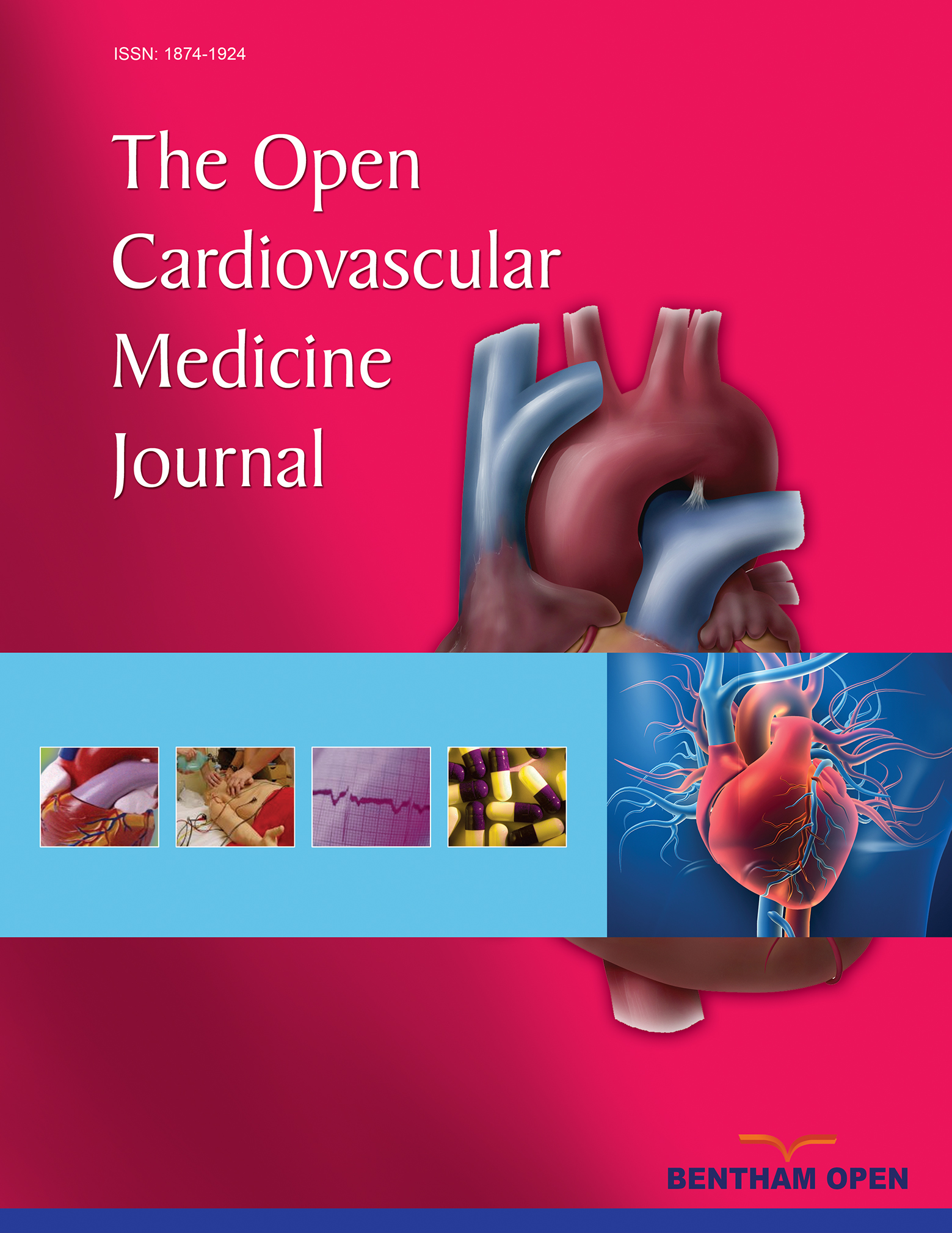All published articles of this journal are available on ScienceDirect.
Rosuvastatin was Effective in Acute Heart Failure and Slow Coronary Flow: A Hypothesis-generating Case Report
Abstract
Slow coronary flow phenomenon (SCFP) is characterized by angiographically normal coronary arteries with delayed run-off of contrast medium across the vasculature. Its etiology and clinical significance are still not completely known; however, acute congestive heart failure (CHF) is rare in this context. A 71 year-old woman with SCFP presented with acute CHF complicated by ventricular tachycardia. Treated with rosuvastatin (20 mg/day for 6 days) and inotropic drug infusion she had a complete recovery of left ventricular function and normalization of serum levels of the high-sensitivity C-reactive protein (hs-CRP), which were increased (3.6 mg/L) during the acute phase. This case illustrates that the anti-inflammatory properties of rosuvastatin may deserve specific clinical tests not only during the chronic phase but also in the acute phase of CHF patients.


